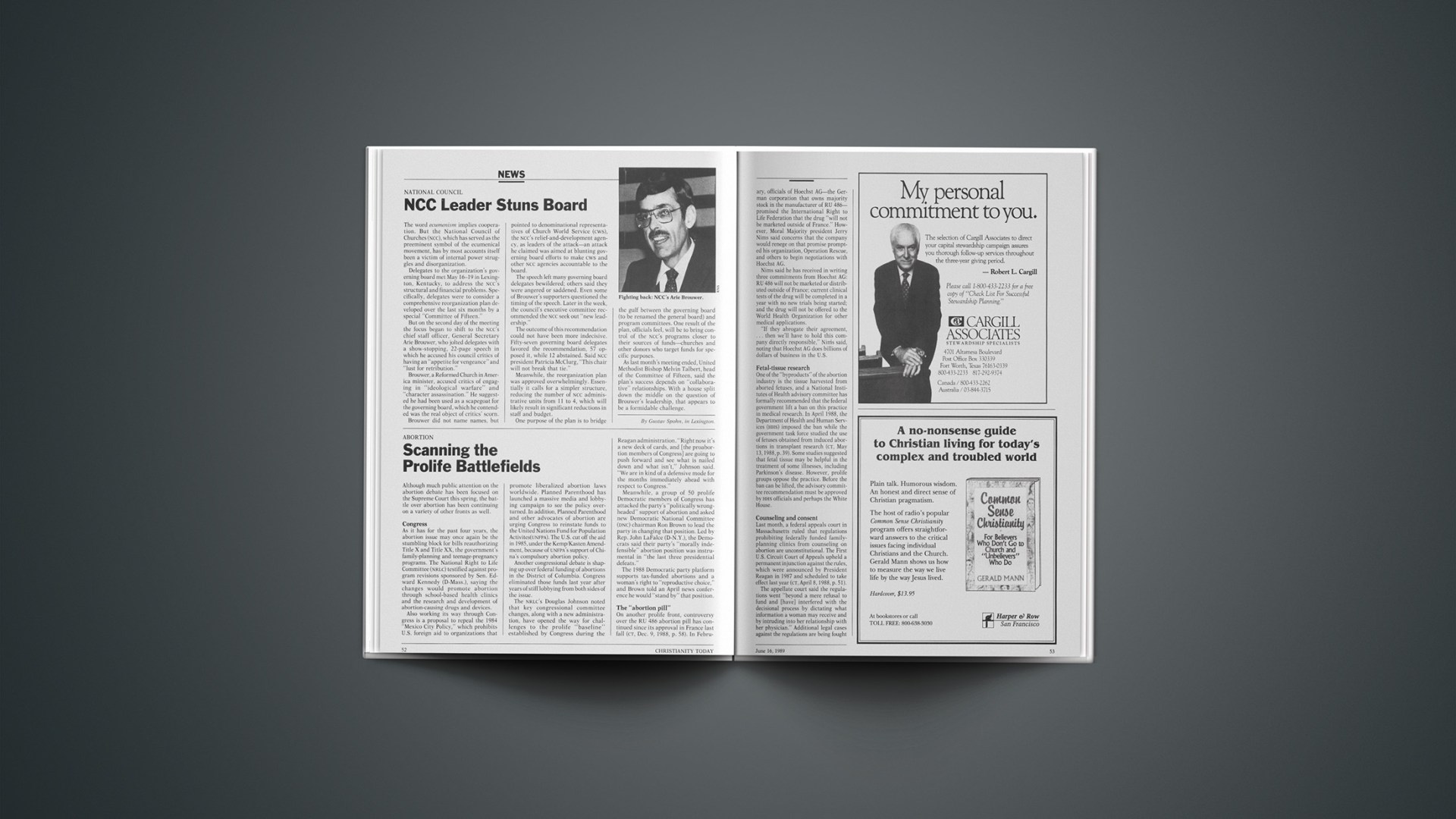Spiritual leaders of the world’s 70 million Anglicans, meeting in late April and early May in Cyprus, wrestled with the problem of deteriorating relations among their churches due to the controversial issue of ordaining women as priests and bishops.
The consecration last February of Barbara Harris of Boston as an assisting Episcopal bishop of Massachusetts and first female bishop in world Anglicanism was the flash point.
Harris’s elevation to the highest order of a ministry believed to have been passed down from the apostles has been welcomed by liberals as an expansion of the ministry of Christ. But traditionalists—of whom Bishop of London Graham Leonard is the most outspoken—reject women’s ordination as illegitimate or invalid and say Harris and future women bishops will further divide Anglicanism because their ministry will not be universally recognized.
Earlier this month, an extraordinary “synod” was called in Fort Worth, Texas, by a dozen active and retired U.S. traditionalist bishops. They met to consider plans to form a new grouping that they say would allow them to continue to function while rejecting women clergy. While asserting their intent to remain Anglican—and Episcopalian, if possible—the sponsoring Evangelical and Catholic Mission group said delegates were to be asked to endorse a constitution for a “parallel jurisdiction.”
In view of this challenge, the primates in Cyprus took the view that the introduction of women bishops and priests is now in a process of “reception” by the world Anglican fellowship. This means, they said, that it could ultimately be accepted as a valid development or rejected as contrary to Christian practice. Such a process could take decades, and, in the interim, special steps are needed to preserve communion between the opposing camps.
The primates, whose authority is moral rather than legislative, rejected a proposal to ask that women bishops be joined by male prelates in future ordinations to remove any doubt on the validity of any clergy the women would ordain. In an obvious rebuff to the Fort Worth contingent, the Anglican leaders also spurned the notion of “parallel jurisdictions.”
But the primates encouraged the use of special “visitor” bishops who could minister to traditionalist parishes that would not welcome women bishops and priests and the male bishops who ordain them.
“Opponents should show respect and courtesy for those women whom the church has ordained by prayer and the laying on of hands, even if they are not in conscience certain of their ordination,” the primates declared.
“On the other hand, supporters of women’s ordination must show their courtesy and respect for opponents by making it possible for them to continue to live within the church as Anglicans.”
By Richard Walker.










